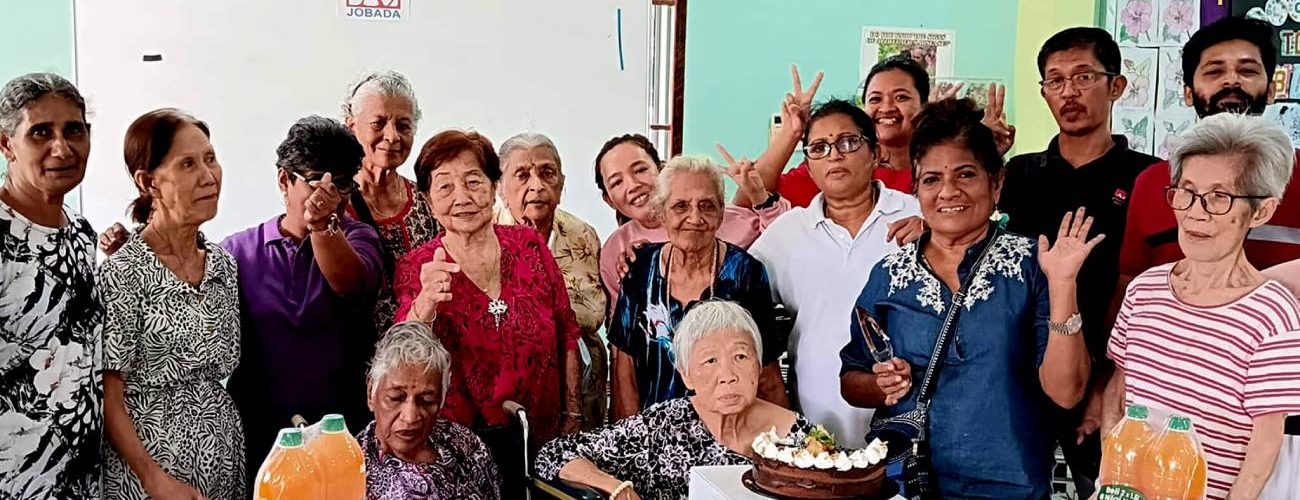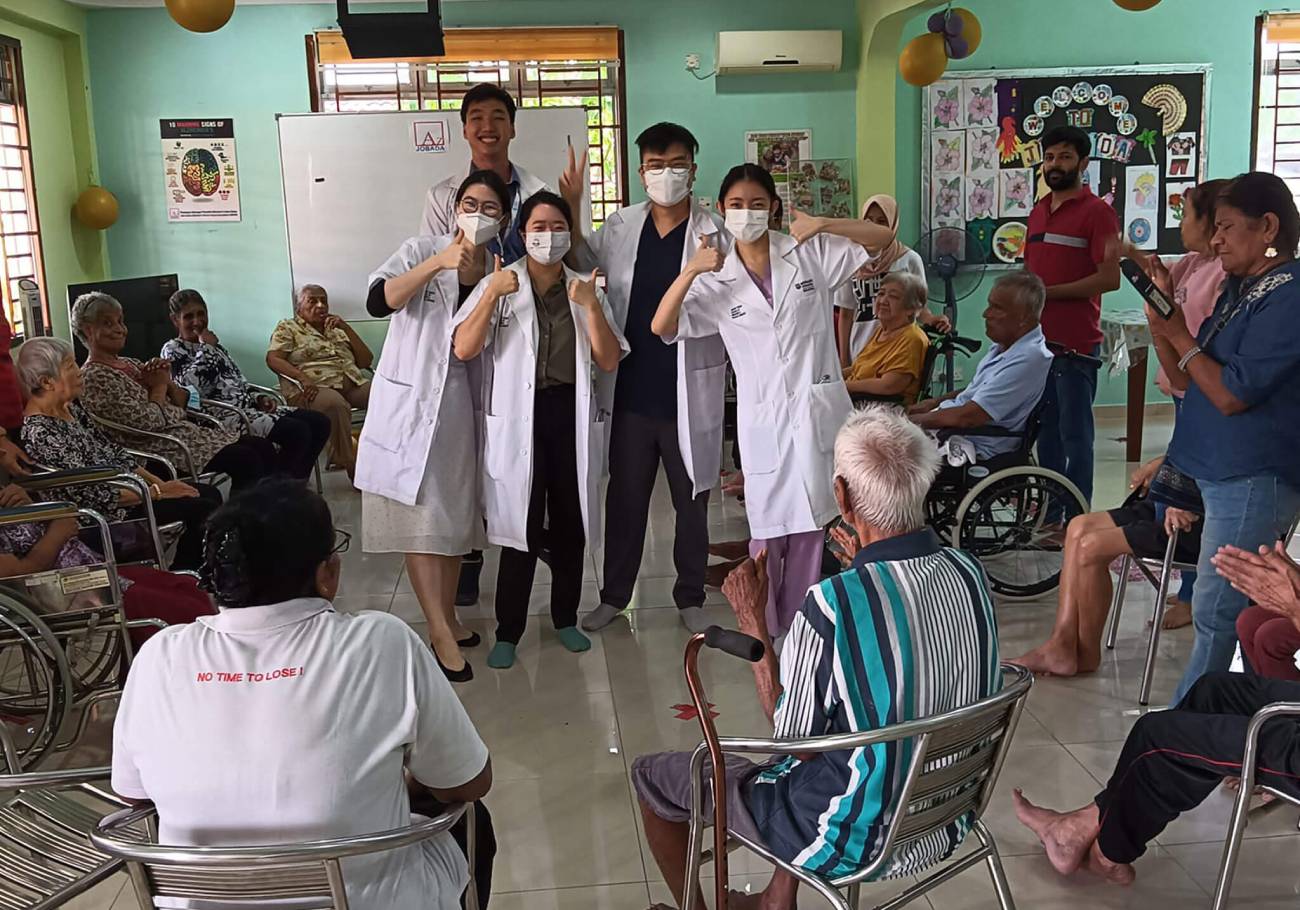
Johor faces a mounting challenge as Alzheimer’s disease, the leading cause of dementia, affects an ageing population.
With nearly 18,700 elderly residents estimated to have dementia, the state struggles to meet care demands.
Alzheimer’s, a progressive brain disease, accounts for up to 80% of dementia cases globally. Yet, in Johor, resources remain scarce.
The Johor Bahru Alzheimer’s Disease Support Association (JOBADA), the state’s sole care centre, accommodates just 18 patients daily, leaving thousands without professional care.
Alzheimer’s: Rising numbers, limited support
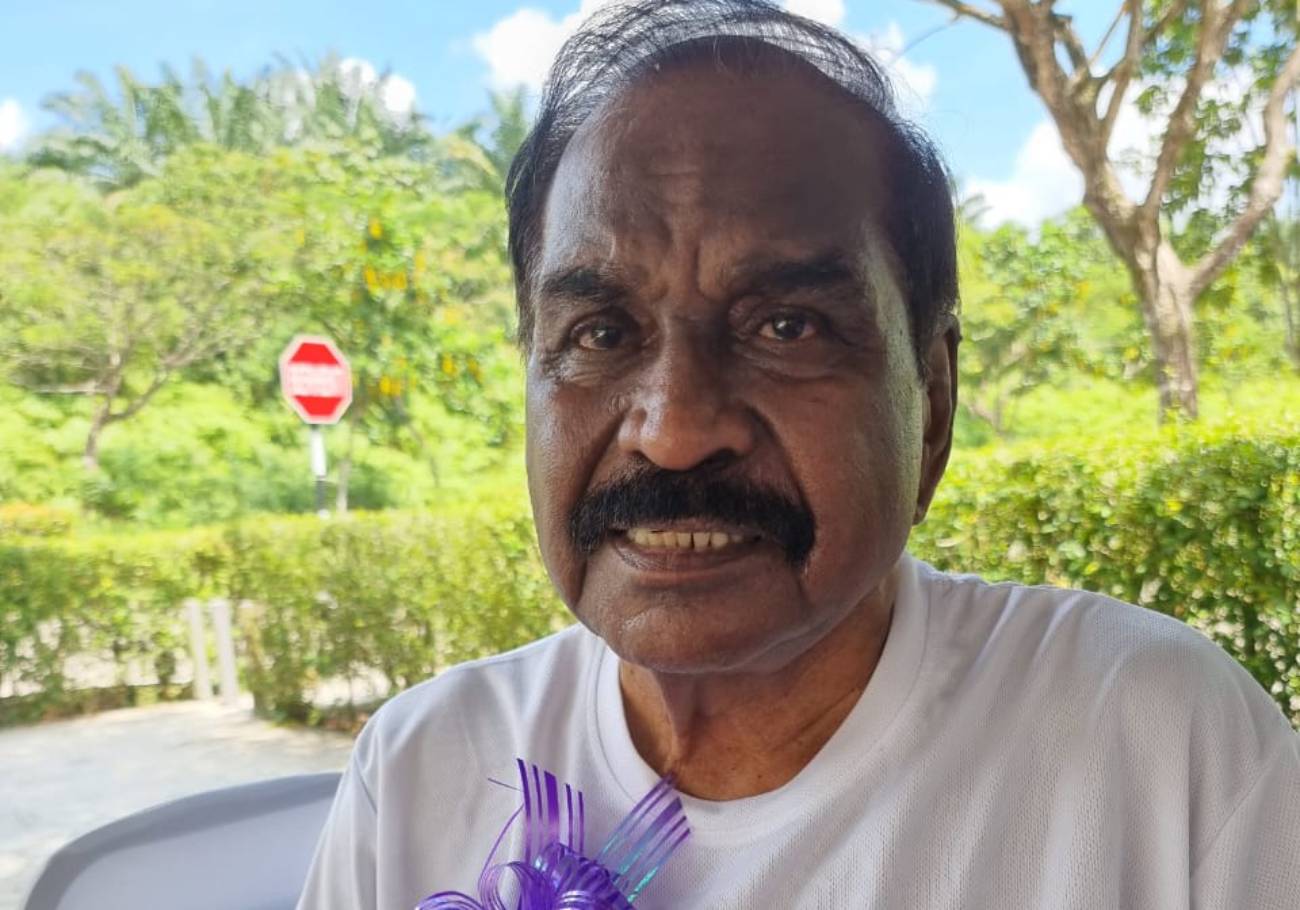
Johor has 220,000 elderly residents, 8.5% of whom are estimated to live with dementia, according to the National Health and Morbidity Survey 2018.
Despite this, support systems remain inadequate. JOBADA Chairperson M. Soorian voiced concerns over the lack of government funding, saying, “We do not receive any support despite being the only daycare centre for Alzheimer’s and dementia patients in Johor.”
The centre provides daily activities, from exercises to games, for patients, affectionately called “friends.”
Volunteers, including medical students and health professionals, offer companionship and care.
However, as demand for full-time care rises, the centre struggles to keep up. Monthly expenses of RM13,000 are partially offset by patient fees, but unpredictable donations are necessary to fill the gap.
Cultural barriers and Stigma
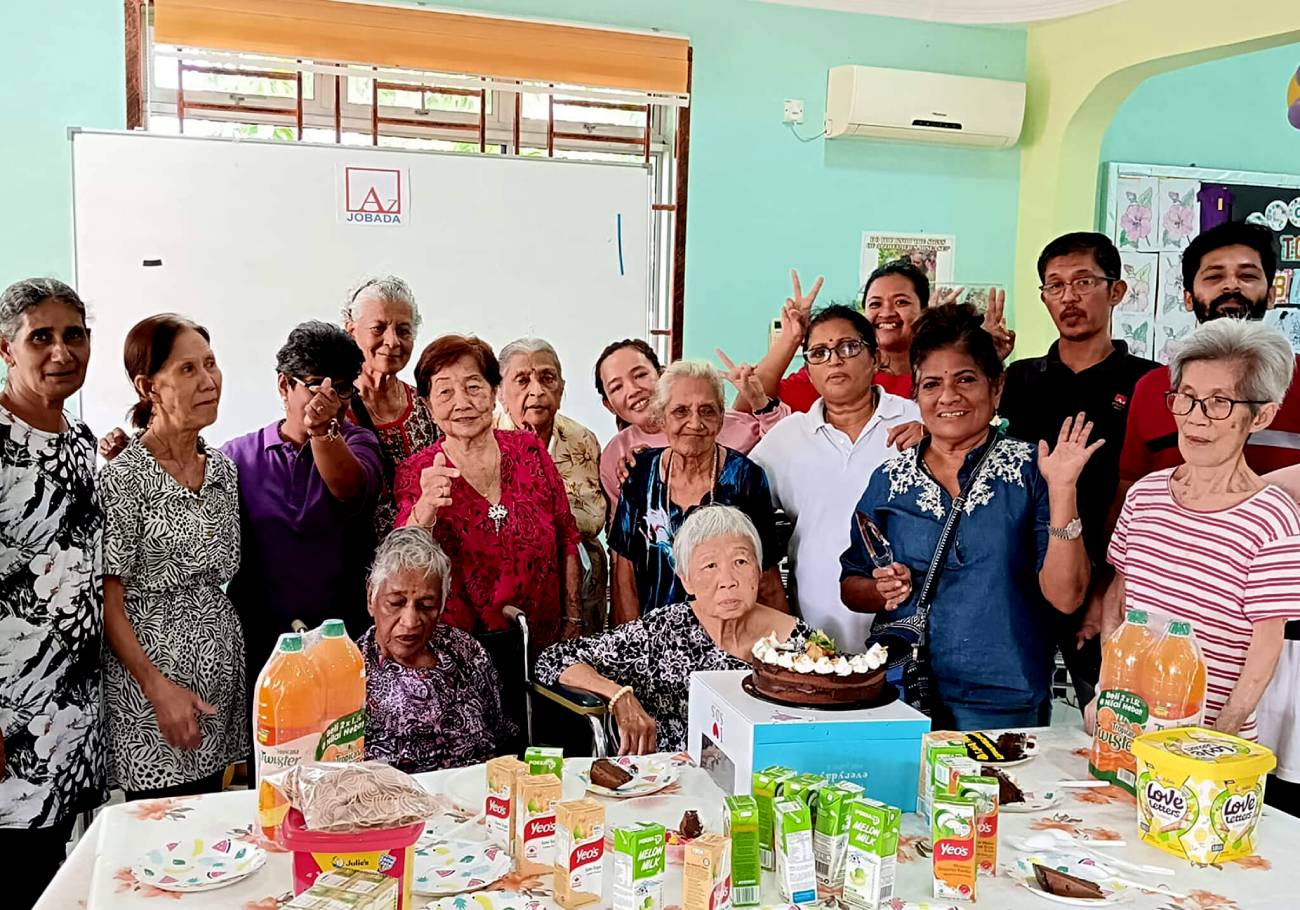
Stigma and cultural misconceptions further complicate dementia care. Many dismiss early symptoms like memory loss as natural ageing.
Terms such as “nyanyok” (a colloquial term for cognitive decline) perpetuate negative perceptions, explained Dr Suraya Yusof, JOBADA co-founder.
“These terms carry harmful connotations and deter early diagnosis,” she said.
Efforts are underway to reframe dementia as a medical condition rather than a natural process, encouraging early intervention.
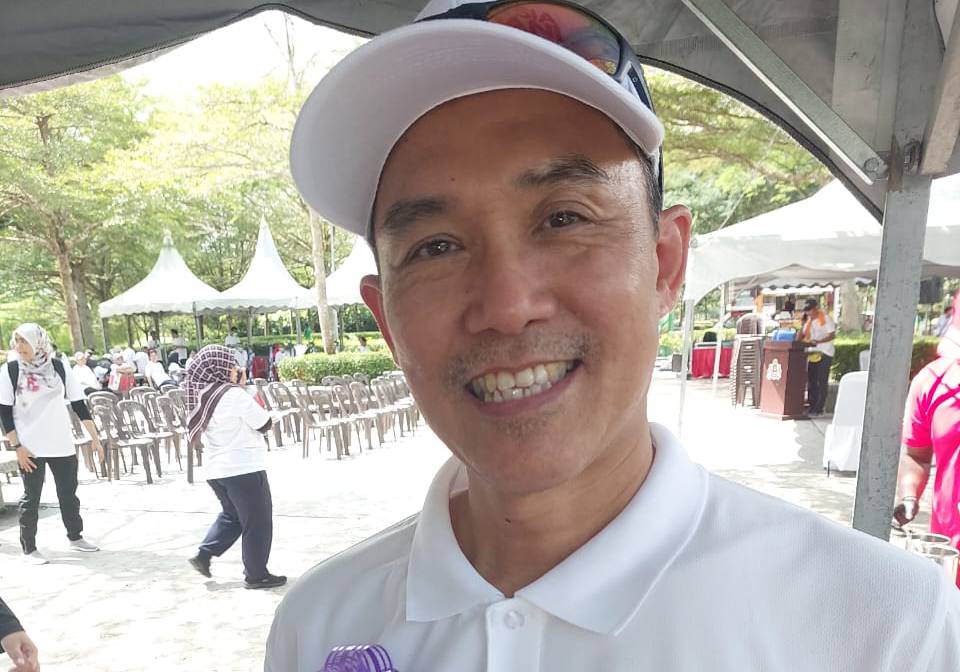
Dr Hj. Norazam Harun, another JOBADA co-founder, added that many confuse dementia with occasional forgetfulness. “Alzheimer’s patients may forget recent events but recall childhood memories vividly. This highlights the disease’s profound impact on the brain,” he said.
While promising new Alzheimer’s treatments are emerging in the United States, Japan, and South Korea, they remain unavailable in Malaysia.
Dr Suraya noted the potential of future oral medications but acknowledged they may take a decade to arrive locally.
“This is a long wait for those already facing Alzheimer’s,” she remarked.
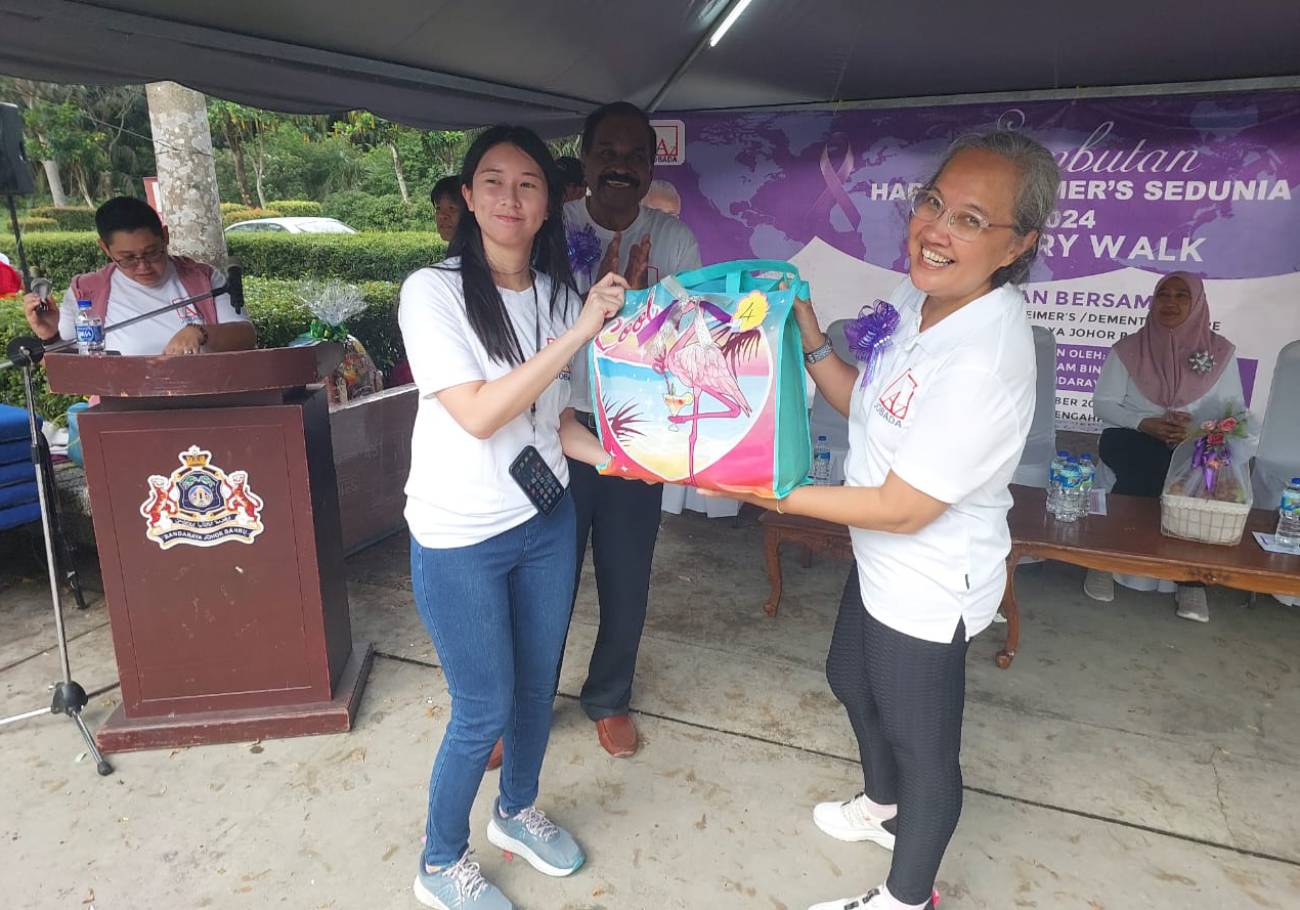
To bridge the care gap, Dr Suraya and Dr Norazam stress the importance of community involvement and increased funding.
Expanding awareness campaigns, especially in rural areas, is essential for early detection and support.
The growing burden of Alzheimer’s in Johor underscores the urgent need for collaborative efforts.
Expanding care facilities, increasing funding, and combating stigma are critical to improving outcomes for patients and their families.
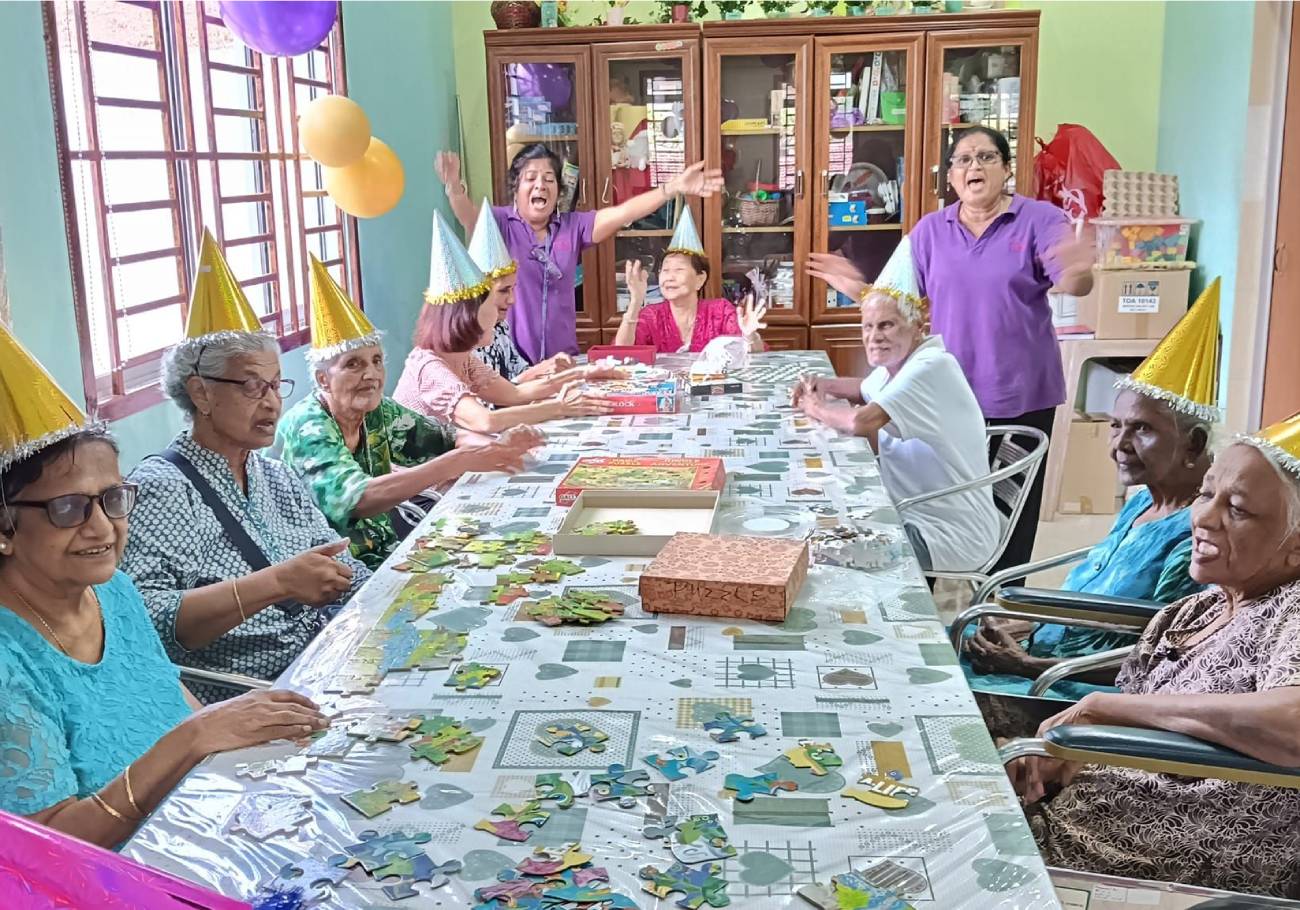
Readers are encouraged to support organisations like JOBADA through donations or volunteering. Together, we can address this silent crisis and ensure a brighter future for Johor’s ageing population.
For more information, please visit https://sokong.org/
Citizen’s Journal proudly joins hands with Sokong.org as the official media partner. Sokong.org is the platform connecting individuals with diverse organizations supporting various causes. Together, we foster collective action to create impactful change. Interested in supporting non-profit organizations and making a difference? Click this link for more information on how you can participate and contribute to meaningful initiatives.


